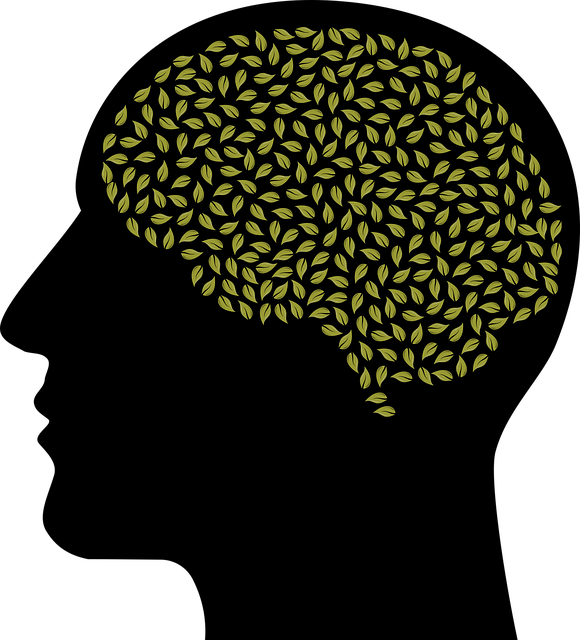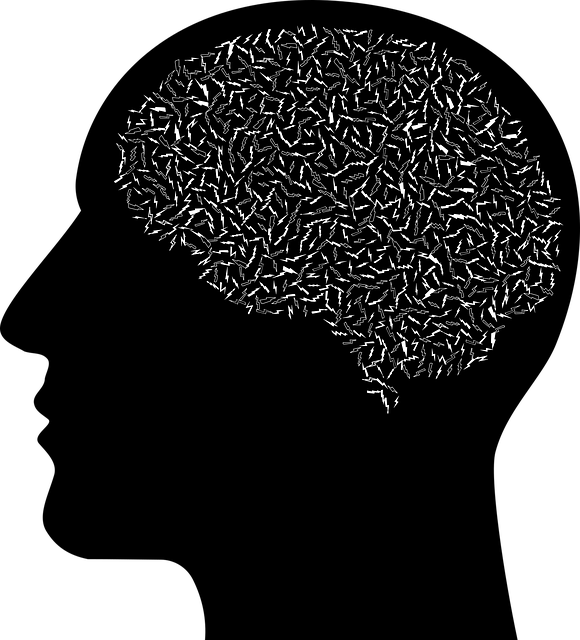Arvada offers innovative OCD therapy combining behavioral interventions, exposure, and response prevention (ERP) techniques to tackle root causes. Resilience-focused methods, like Recovery-Focused Therapy (RFM), empower individuals with coping mechanisms and mental fortitude to manage symptoms and improve well-being. Through cognitive-behavioral strategies, mindfulness practices, and a tailored step-by-step guide, Arvada OCD therapy provides a holistic toolkit for effective management and enhanced resilience. The Resilient Frontier Model (RFM) exercises, combining physical activity and mindfulness, have proven successful through case studies and community outreach programs, offering valuable tools in the treatment of Obsessive Compulsive Disorder.
“Uncovering innovative approaches to treating Obsessive Compulsive Disorder (OCD) is a beacon of hope for those affected. This article delves into the unique Arvada OCD therapy, spotlighting the transformative potential of RFM (Resilience, Flexibility, and Mastery) techniques. We explore how RFM, as a cornerstone in OCD treatment, bolsters resilience, offering a structured pathway to managing symptoms. Through practical exercises and clinical implementation guides, we demystify this effective strategy, providing insights into its profound impact on patient outcomes and quality of life.”
- Understanding Arvada Obsessive Compulsive Disorder (OCD) Therapy: A Unique Approach
- The Role of RFM in OCD Treatment: Enhancing Resilience
- Designing Effective Resilience-Building Exercises for OCD Patients
- Implementing RFM Strategies in Clinical Practice: Step-by-Step Guide
- Case Studies: Measuring Success and Impact of RFM in OCD Therapy
Understanding Arvada Obsessive Compulsive Disorder (OCD) Therapy: A Unique Approach

Arvada Obsessive Compulsive Disorder (OCD) therapy offers a unique and effective approach to managing this often complex mental health condition. Unlike traditional talk therapies, which focus primarily on cognitive restructuring, Arvada’s method delves deeper into the root causes of OCD by combining behavioral interventions with exposure and response prevention (ERP). This comprehensive strategy empowers individuals to confront their obsessions and reduce the urge to engage in compulsive behaviors.
The therapy focuses on teaching clients stress management and reduction methods tailored to their specific OCD symptoms. By gradually exposing them to triggers and helping them resist habitual responses, individuals learn to regain control over their lives. This process fosters mental health awareness and resilience, enabling people with OCD to lead fulfilling lives free from the debilitating effects of this disorder.
The Role of RFM in OCD Treatment: Enhancing Resilience

Resilience is a cornerstone in the treatment of Obsessive Compulsive Disorder (OCD), and the RFM (Recovery-Focused Therapy) approach plays a pivotal role in enhancing this aspect. In the context of Arvada OCD therapy, RFM focuses on empowering individuals to develop effective coping mechanisms and build mental fortitude against symptoms and associated distress. By fostering resilience, patients can better manage their OCD and improve their overall well-being.
This therapeutic method encourages clients to adopt self-care routines for better mental health, which is crucial in preventing burnout. It involves learning to navigate life’s challenges and setbacks without succumbing to the overwhelming nature of OCD. Through RFM, individuals acquire skills to maintain a sense of control and balance, thereby promoting mental wellness. This proactive approach not only treats OCD but also equips individuals with tools for lifelong resilience, ensuring they can face future stressors with enhanced adaptability.
Designing Effective Resilience-Building Exercises for OCD Patients

Designing resilience-building exercises for individuals with Obsessive Compulsive Disorder (OCD) requires a tailored and sensitive approach. These exercises should focus on helping patients manage their symptoms, challenge unhelpful thoughts, and develop effective coping strategies. In Arvada Obsessive Compulsive Disorder Therapy, professionals can incorporate various activities to foster mental wellness. For instance, cognitive-behavioral therapy techniques, such as exposure and response prevention, can be used to gradually expose patients to anxiety-provoking situations, teaching them alternative ways to respond and manage their OCD symptoms.
The Mental Wellness Podcast Series Production can also offer valuable resources for coping skills development. Through engaging audio content, listeners learn practical resilience-building techniques that complement traditional therapy. By combining these approaches, individuals with OCD can develop a comprehensive toolkit to enhance their mental wellness. This holistic strategy ensures that patients are equipped with the knowledge and tools to navigate challenges, ultimately improving their overall resilience and quality of life.
Implementing RFM Strategies in Clinical Practice: Step-by-Step Guide

Implementing RFM (Resilience, Flexibility, and Mindfulness) strategies in clinical practice can significantly enhance the support offered to clients struggling with conditions like Obsessive Compulsive Disorder (OCD) in Arvada. Here’s a step-by-step guide to integrate these effective techniques:
1. Assess Client Readiness: Begin by gauging your client’s willingness and preparedness to engage in RFM exercises. This involves open conversations about their current coping mechanisms, stress triggers, and aspirations for emotional well-being. Understanding their motivation is key to tailoring the approach to their specific needs.
2. Introduce Mindfulness Practices: Integrate mindfulness techniques as a foundation for emotional regulation. Teach simple breathing exercises or guided meditations tailored to manage anxiety and OCD symptoms. Regular practice strengthens their ability to stay present, reducing reactivity to distressing thoughts.
3. Cultivate Inner Strength Development: Encourage clients to explore their inner resources through journaling, positive self-talk, or affirmations. Identifying personal strengths and values helps build resilience by providing alternative sources of confidence when facing OCD triggers.
4. Implement Flexibility Strategies: Help clients develop flexibility in thinking and behavior. Cognitive reframing exercises can challenge unhelpful beliefs and reduce the power of obsessions. Encourage them to adopt a problem-solving mindset, fostering adaptability in navigating life’s challenges without resorting to compulsions.
5. Integrate Mood Management Techniques: Teach clients specific mood management strategies such as emotional labeling, acceptance, and relaxation techniques. These tools empower them to regulate their emotions effectively, reducing the intensity of OCD symptoms over time.
6. Monitor Progress and Adjust: Regularly assess the client’s progress in adopting RFM strategies. Be prepared to adjust the approach based on individual responses and evolving needs. Consistent feedback ensures that the intervention remains effective and supportive.
Case Studies: Measuring Success and Impact of RFM in OCD Therapy

In the context of Arvada Obsessive Compulsive Disorder (OCD) Therapy, the implementation of Resilient Frontier Model (RFM) exercises has shown promising results in improving patient outcomes. Case studies highlight that RFM not only aids in managing OCD symptoms but also enhances overall mental resilience and well-being. By combining cognitive-behavioral techniques with physical activity and mindfulness practices, therapists are able to create a holistic approach that addresses the root causes of OCD, offering patients effective tools for stress management and depression prevention.
The success of RFM can be attributed to its community outreach program implementation, where patients engage in group activities that foster social connections and collective resilience. This not only complements individual therapy sessions but also empowers individuals to support one another, creating a sense of belonging and purpose. The measurable impact of these exercises has been evident in reduced OCD severity, improved coping mechanisms, and increased life satisfaction among participants, making it a valuable asset in the OCD therapy landscape.
Arvada Obsessive Compulsive Disorder (OCD) therapy, with its unique approach, effectively utilizes the RFM model to build resilience in patients. By integrating tailored resilience-building exercises, therapists can significantly enhance treatment outcomes. The practical guide provided offers a structured path for implementing these strategies in clinical practice. Case studies demonstrate the profound impact of RFM on OCD management, highlighting its potential as a game-changer in mental health care. This comprehensive approach ensures that individuals navigating OCD find support and empowerment to lead more fulfilling lives.














